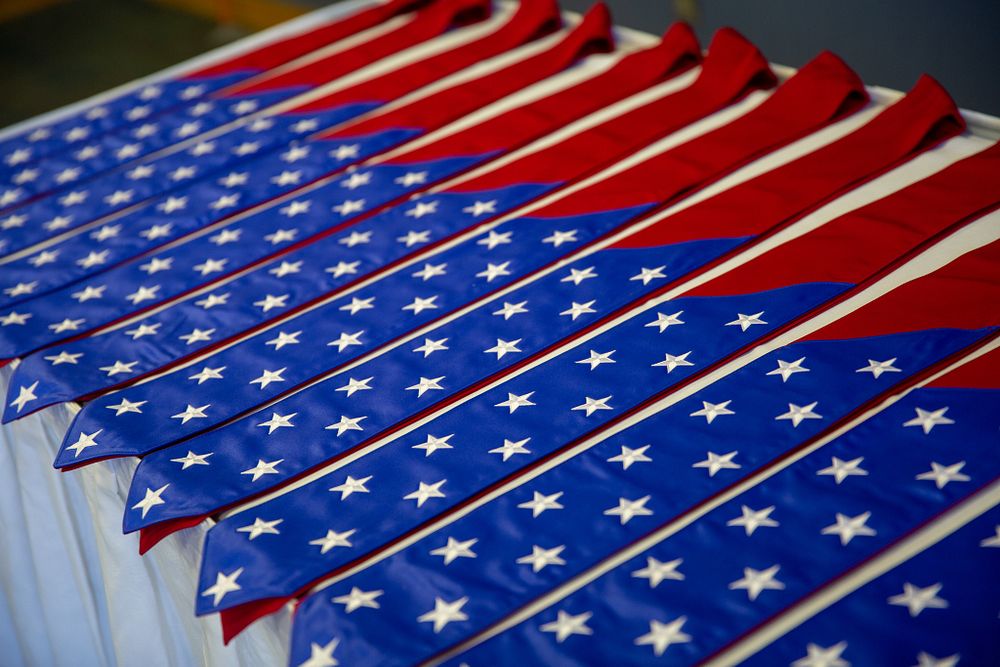The NAU Veterans and Military Service office announced an opportunity for military-connected students to receive a grant up to $6,000 that facilitates mentored research experience.
The Student Veteran Research Opportunity Grant (SVRO) funds undergraduate or graduate-level research for veteran, active duty, guard or military reserve students across all NAU colleges, so long as their projects fall under the scope of Arizona’s Technology and Research Initiative Fund (TRIF).
The grant was created in collaboration with the Office of the Vice President for Research and in consultation with Naomi Lee, an assistant professor of chemistry and a captain in the Army National Guard. Jason Wilder, vice president for research, said the grant will help provide opportunities for returning veterans, as they are an underrepresented group in academic research.
“Mentored research opportunities are high-impact experiences for students that provide advanced training and open doors for students to further develop their careers,” Wilder said. “Military experience provides a foundation for returning veterans that positions them well for success in research but they don’t always have an easy entry point into existing research programs.”
The grant can be applied to costs such as hourly wages for research assistants, small research equipment, software licenses and student travel expenses. Additionally, faculty mentors who apply must complete Veteran Supportive Campus Training in order to be awarded funding. These aspects of the grant help break down barriers for veteran student researchers and create a supportive environment for their work.
Ron Allen came to NAU in 2014 after serving in the U.S. Marine Corps. In 2022, he helped found the Vet Jacks Veteran Student Mentoring Program, which connects seasoned student veterans with military-connected mentees. Allen said he wishes more of his students knew about the services NAU has to offer returning veterans.
“Several students tell me they never reach out because they think—without any evidence—that no one would care,” Allen said. “When they find out about all there is, their attitude rapidly changes, and they say they wish they knew about it sooner.”
Allen was one of the initiators of the SVRO. He said the grant is an important opportunity for veterans because it builds on the skills they have acquired throughout their service.
“Veterans thrive in goal-oriented environments, like research, because of the mission-driven culture of the military,” Allen said.
Director of Veteran and Military Service Pete Yanka said the grant is one of many programs that have led to NAU being ranked highly in Military Times’ Best for Vets list.
“I would say that one of the great aspects in my role is to work with colleagues throughout the entire university who support our military-connected community,” Yanka said. “Support for our military-connected students is truly a part of the fabric of the university and I see it in action every day as our students pursue their education.”
SRVO funds are awarded for use anytime after Nov. 1, and funds must be spent one calendar year after the date of the program award. Applications are accepted twice a year, with the next deadlines on Dec. 11 and April 26.
Chloe Legay | NAU Communications




